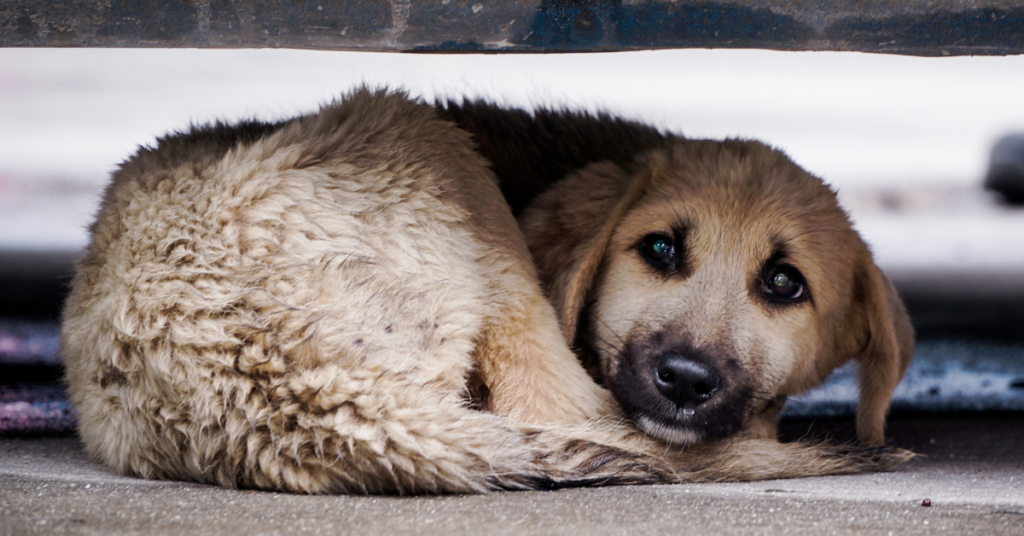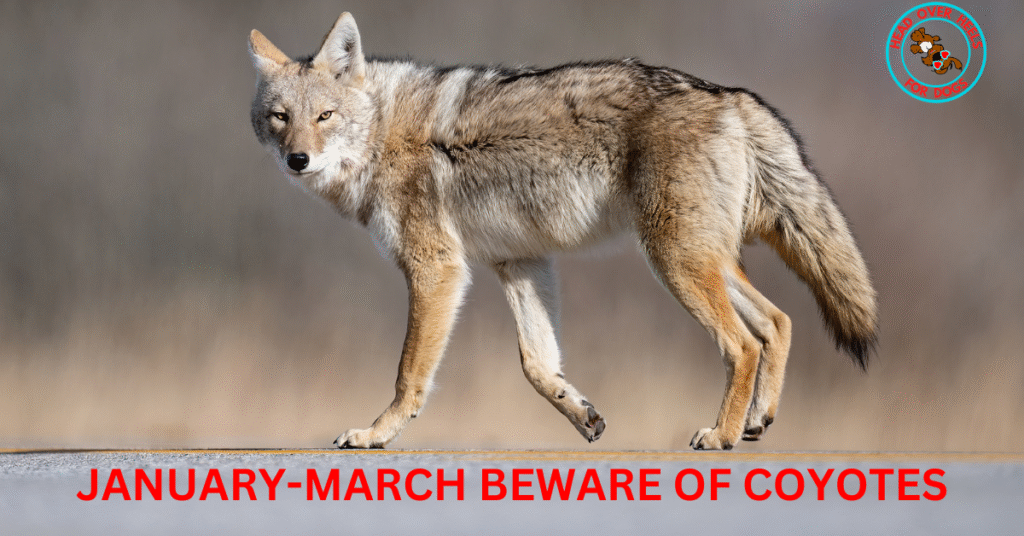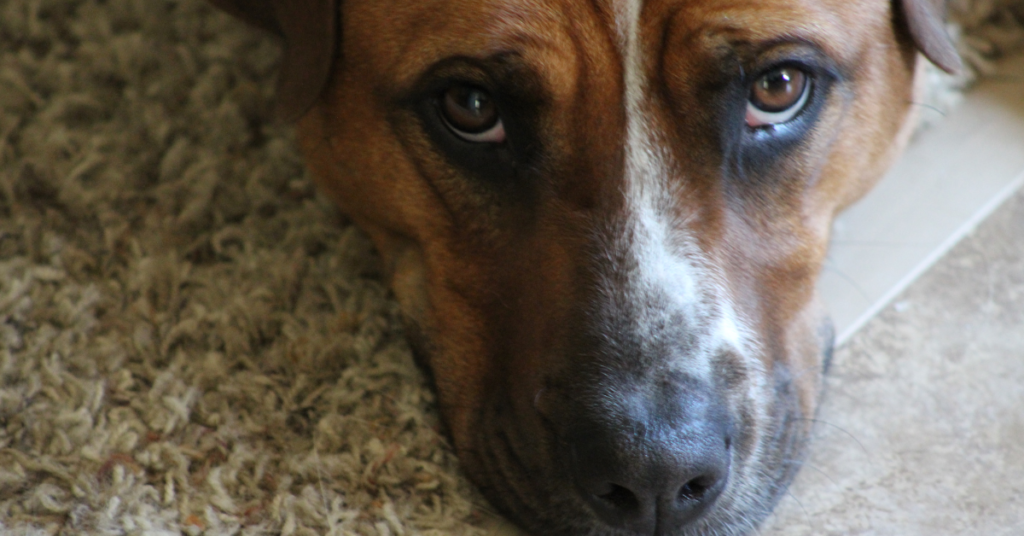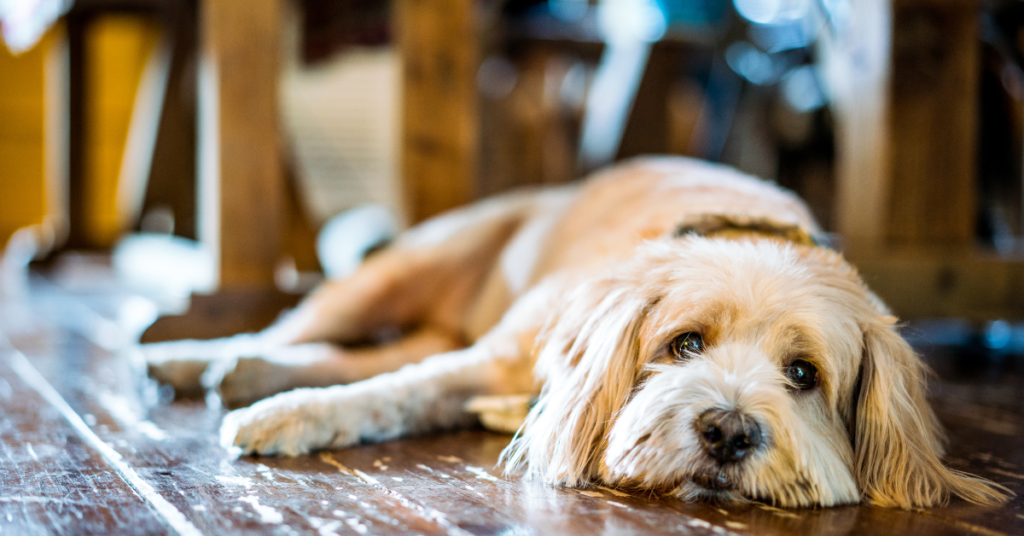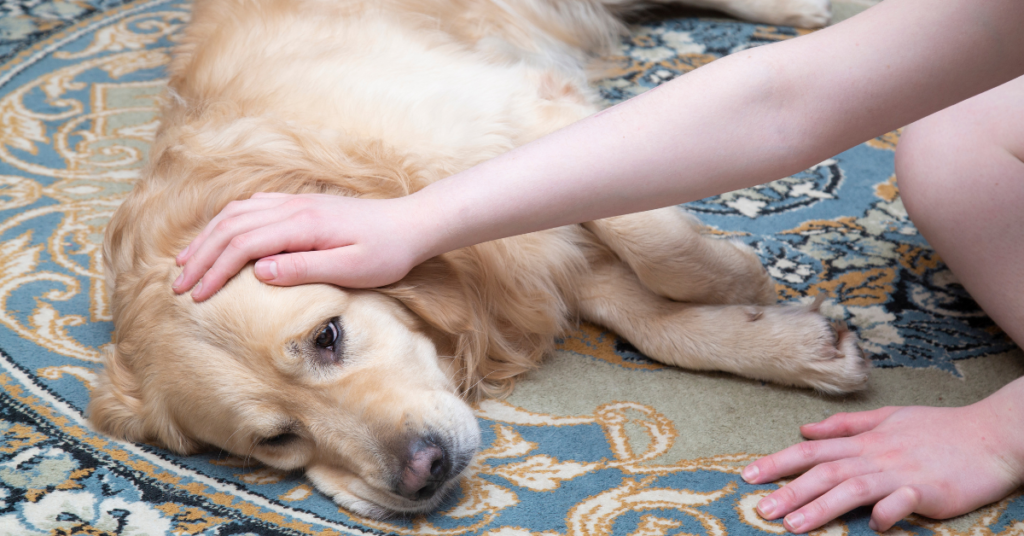Canine Respiratory Coronavirus (CRCoV) is a highly contagious virus that affects the respiratory system in dogs.
Unlike the human form of coronavirus, CRCoV is specific to dogs and typically leads to mild to moderate respiratory issues.
This virus is one of the many pathogens that can contribute to Canine Infectious Respiratory Disease Complex (CIRDC), often referred to as kennel cough.
It is most commonly found in environments where dogs are in close contact, such as kennels, dog parks, or shelters.
Understanding the symptoms and how it spreads can help you keep your dog safe from this infection.
*Disclaimer: This Post May Contain Affiliate Links. This Means That I Receive A Small Commission At No Extra Cost To You Should You Click Through And Make A Purchase. Learn More On My Policy Page
How Do Dogs Get Canine Respiratory Coronavirus?
Dogs can contract Canine Respiratory Coronavirus through direct contact with infected dogs or through exposure to contaminated surfaces.
The virus is spread via aerosol droplets, such as those from coughing or sneezing.
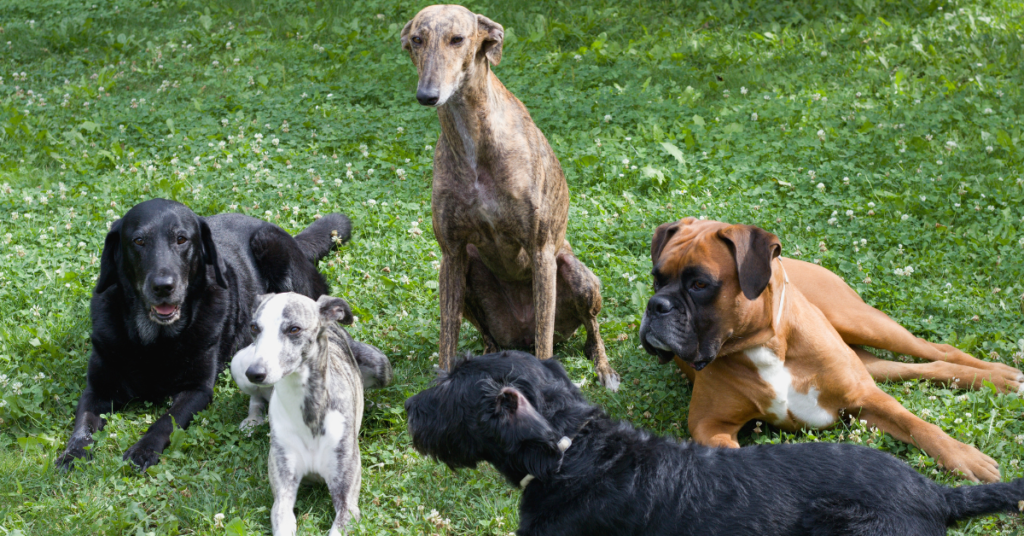
Common sources of exposure include:
- Dog parks
- Kennels
- Shelters
- Doggy daycare centers
- Veterinary clinics
Infected surfaces, such as shared water bowls, toys, or bedding, can also harbor the virus, allowing it to spread from one dog to another.
Since CRCoV is easily transmitted in communal settings, dogs that frequent these environments are at a higher risk of infection.
What Are the Symptoms of Canine Respiratory Coronavirus?
Symptoms of Canine Respiratory Coronavirus can vary in severity, but the most common signs are related to the respiratory system.
Typical symptoms include:
- Coughing
- Sneezing
- Runny nose
- Watery eyes
- Mild fever
- Lethargy
- Loss of appetite
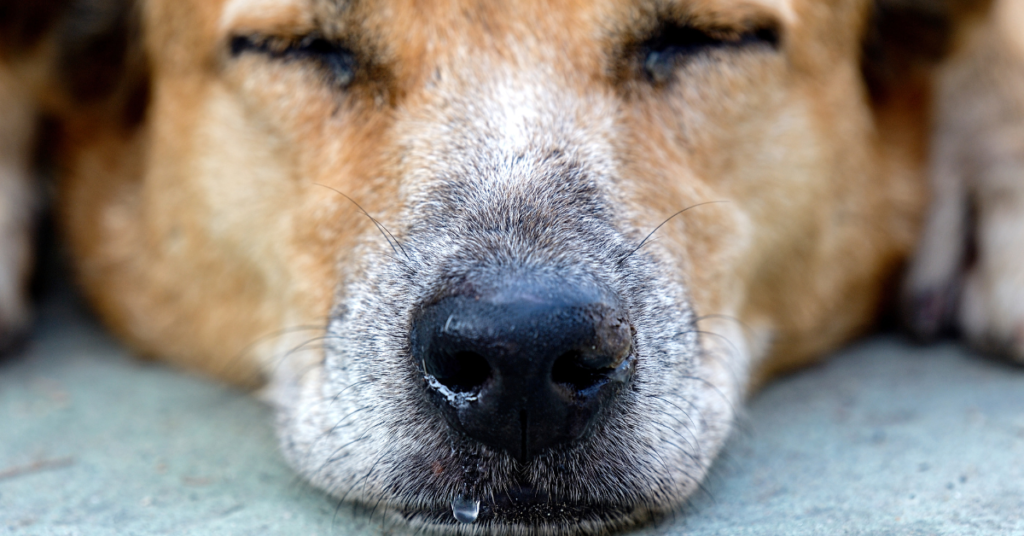
Most dogs experience mild symptoms, but puppies, senior dogs, or dogs with compromised immune systems may show more severe signs.
Symptoms usually appear within 3 to 10 days after exposure and can last for one to two weeks.
While the virus typically resolves on its own, some cases may require veterinary attention, especially if symptoms worsen or persist.
How is Canine Respiratory Coronavirus Diagnosed?
Diagnosing Canine Respiratory Coronavirus involves several steps, as its symptoms overlap with other respiratory infections.
Your veterinarian will start with a physical examination and discuss your dog’s recent history, including any possible exposure to other dogs.
Specific diagnostic tests include:
- PCR testing: This molecular test detects the genetic material of the CRCoV virus.
- Nasal swabs: A swab from the dog’s nose or throat may be taken to confirm the presence of the virus.
- Chest X-rays: In severe cases, X-rays may be needed to assess the condition of the lungs and check for pneumonia or other complications.
Early diagnosis is important to prevent the spread of the virus and to manage symptoms effectively.
What Is the Treatment for Canine Respiratory Coronavirus?
Most cases of Canine Respiratory Coronavirus are mild and can be treated with supportive care at home.
Common treatment options include:
- Rest: Ensuring your dog gets plenty of rest will help speed up recovery.
- Hydration: Make sure your dog has access to fresh water at all times to prevent dehydration.
- Cough suppressants: These can help reduce the severity of coughing, which can be irritating for your dog.
- Anti-inflammatories: In some cases, anti-inflammatory medications may be prescribed to reduce inflammation in the respiratory tract.
Since CRCoV is a viral infection, antibiotics are usually not necessary unless a secondary bacterial infection develops.
Most dogs recover within 1 to 2 weeks with proper care, but be sure to monitor your dog for any worsening symptoms or complications.
Can Canine Respiratory Coronavirus Be Prevented?
Preventing Canine Respiratory Coronavirus can be challenging, particularly if your dog frequents areas where many dogs are present.
However, you can reduce the risk by taking the following steps:
- Good hygiene: Regularly clean and disinfect your dog’s bedding, water bowls, and toys.
- Limit exposure: Avoid dog parks, kennels, or daycare centers during outbreaks of respiratory diseases.
- Boost immune system: Feed your dog a balanced diet and ensure they get regular exercise to strengthen their immune system.
- Vaccination: While there is no specific vaccine for CRCoV, vaccines for other respiratory diseases (such as Bordetella) may help reduce the risk of infection.
In communal environments like kennels or shelters, ensuring proper ventilation and minimizing overcrowding can also help limit the spread of the virus.

Is Canine Respiratory Coronavirus Dangerous for Dogs?
In most cases, Canine Respiratory Coronavirus is not life-threatening and causes only mild symptoms.
However, in some dogs—especially puppies, seniors, or dogs with weakened immune systems—the virus can lead to more severe complications like bronchitis or pneumonia.
If your dog’s symptoms worsen or they develop difficulty breathing, fever, or persistent coughing, it’s important to seek veterinary care immediately.
Prompt treatment can help prevent more serious complications and ensure a faster recovery.
Is Canine Respiratory Coronavirus Contagious to Humans?
While Canine Respiratory Coronavirus is highly contagious among dogs, it is not believed to be zoonotic, meaning it does not spread to humans.
The virus is specific to dogs and does not pose a threat to people.
However, it’s still important to practice good hygiene when handling an infected dog, such as washing your hands and disinfecting shared surfaces, to prevent the spread of other potential infections.
What Should You Do If Your Dog Shows Symptoms of Canine Respiratory Coronavirus?
If your dog begins to show symptoms of Canine Respiratory Coronavirus, it’s essential to consult your vet for a proper diagnosis.
Early detection and treatment can help your dog recover faster and prevent the virus from spreading to other dogs.
In the meantime, keep your dog away from other animals to reduce the risk of transmission.
Make sure your dog gets plenty of rest, stays hydrated, and follow your vet’s treatment plan closely.
Consult Your Vet
Canine Respiratory Coronavirus is a highly contagious but generally mild respiratory infection in dogs.
While most cases resolve on their own with supportive care, early diagnosis and treatment can help prevent complications.
If your dog shows any signs of a respiratory infection, consult your veterinarian immediately for the best course of action.
Preventing the spread of the virus through good hygiene, limiting exposure, and keeping your dog healthy can go a long way in protecting your pet from infection.
For more information on Canine Respiratory Coronavirus in dogs, here’s an article by the National Institutes Of Health.

